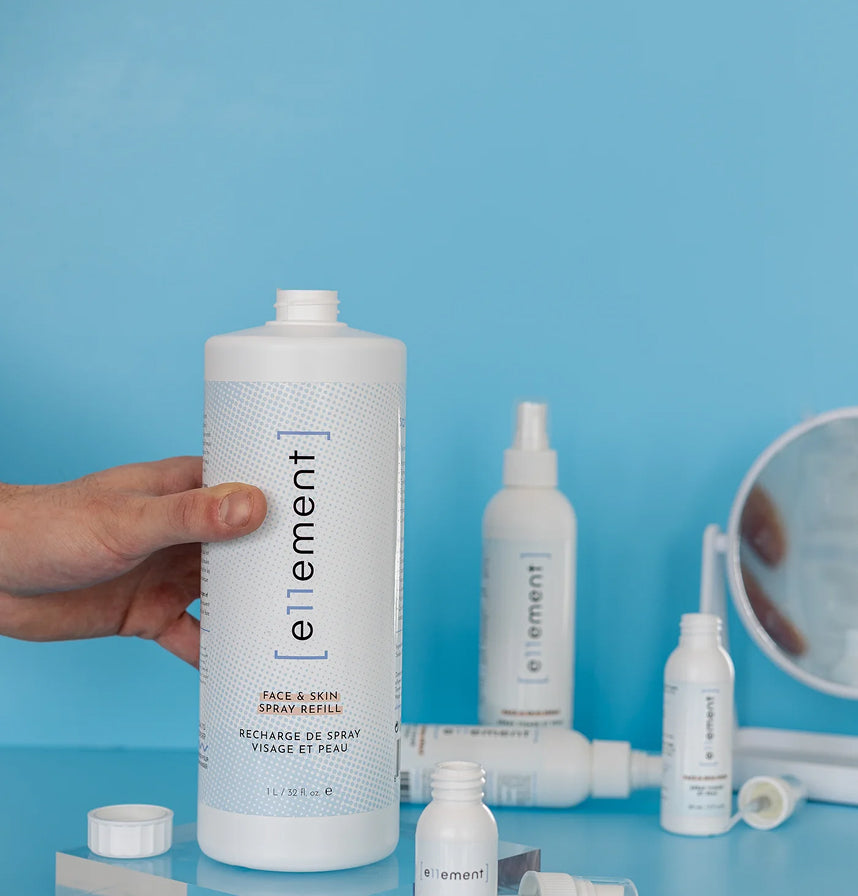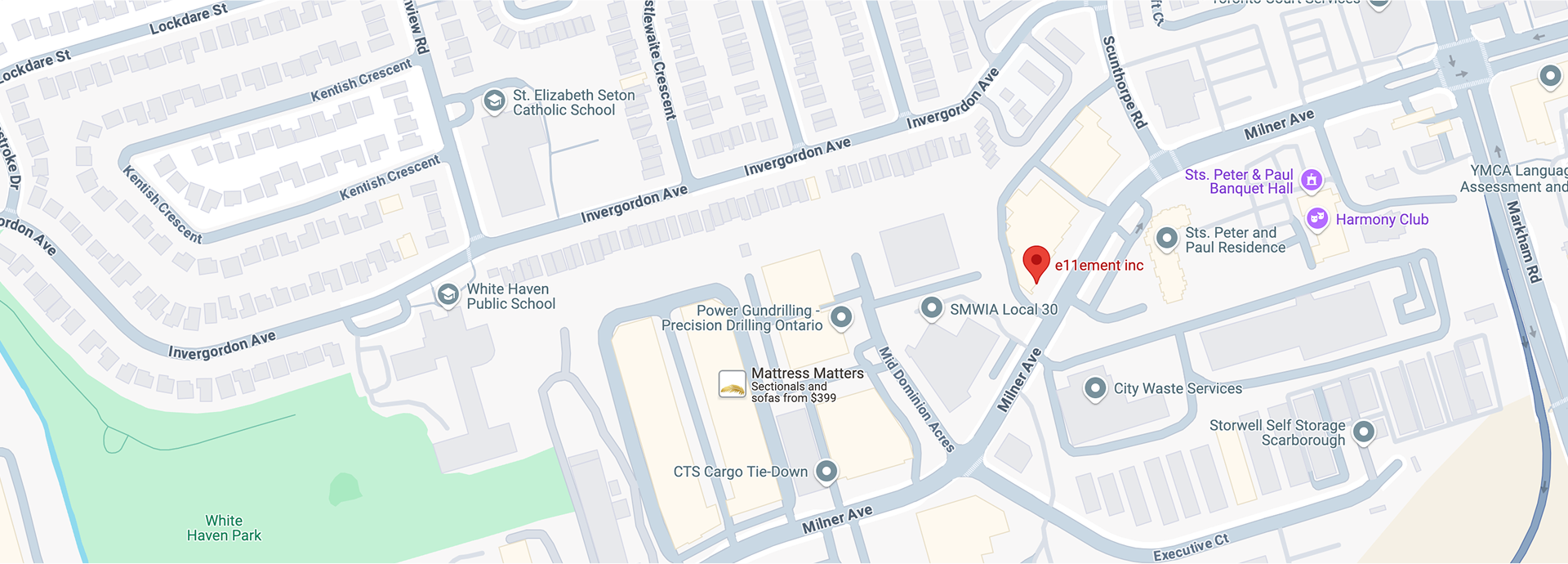What is Hypochlorous Acid?
Hypochlorous acid (HOCl) is a weak acid that occurs naturally in the human body. It is produced by white blood cells as part of the immune response to fight off infections and pathogens. This natural occurrence makes HOCl an effective and safe disinfectant for a wide range of applications.
Chemical Composition and Properties
Hypochlorous acid is composed of hydrogen, oxygen, and chlorine, represented by the chemical formula HOCl. It is known for its strong oxidizing properties, which allow it to break down and neutralize harmful microorganisms such as bacteria, viruses, and fungi. Unlike traditional disinfectants, HOCl is non-toxic and non-irritating, making it safe for use around humans and animals.

The Benefits of Hypochlorous Acid Spray
Potent Disinfectant
Hypochlorous acid spray is an incredibly potent disinfectant. Its ability to destroy a wide array of pathogens, including antibiotic-resistant bacteria, makes it an ideal choice for maintaining hygiene in various settings. Whether in hospitals, schools, or homes, HOCl spray can effectively reduce the risk of infections.
Safety and Non-Toxicity
One of the key benefits of hypochlorous acid spray is its safety. Unlike many conventional disinfectants that contain harsh chemicals, HOCl is non-toxic and non-irritating. This makes it safe for use on skin, surfaces, and even in the presence of food. Its non-corrosive nature also ensures that it does not damage surfaces or equipment.
Environmental Impact
Hypochlorous acid spray is environmentally friendly. It breaks down into harmless substances, primarily water and salt, making it a sustainable choice for disinfecting. This is particularly important in a world where environmental concerns are increasingly at the forefront of public consciousness.
The Future of Hygiene with Hypochlorous Acid Spray
Technological Advances in Hypochlorous Acid Production
Electrolyzed Water Systems
Recent advancements in technology have made it possible to produce hypochlorous acid on-demand using electrolyzed water systems. These systems use a process called electrolysis to convert a saltwater solution into HOCl. This innovation allows for the production of fresh, potent disinfectant whenever needed, reducing the reliance on pre-packaged products.
Portable and Home Devices
Portable and home devices that generate hypochlorous acid are becoming more accessible. These devices are convenient for personal use, allowing individuals to produce their own disinfectant spray at home. This not only ensures a constant supply of HOCl but also reduces plastic waste from disposable disinfectant bottles.
Regulatory Approval and Standards
Recognized by Health Authorities
Hypochlorous acid has been recognized by various health authorities, including the FDA and EPA, as an effective disinfectant. Its approval for use in healthcare and food industries underscores its safety and efficacy. These endorsements are crucial in building public trust and encouraging widespread adoption.
Industry Standards and Guidelines
Industry standards and guidelines for the production and use of hypochlorous acid are evolving. These standards ensure the quality and consistency of HOCl products, providing assurance to consumers and businesses alike. Adhering to these guidelines is essential for manufacturers to maintain credibility and deliver effective products.
Embracing Hypochlorous Acid Spray for a Healthier Future
Public Awareness and Education
Informing Consumers
Increasing public awareness about the benefits of hypochlorous acid spray is key to its adoption. Educational campaigns that highlight its safety, efficacy, and environmental benefits can help consumers make informed choices about their hygiene practices. Providing clear and accurate information is essential in dispelling myths and misconceptions.
Training for Proper Use
Proper training on the use of hypochlorous acid spray is important for maximizing its effectiveness. This includes instructions on application methods, dilution ratios, and safety precautions. Ensuring that users are well-informed can prevent misuse and enhance the overall benefits of HOCl.
The Role of Businesses and Institutions
Adoption in Commercial Settings
Businesses and institutions play a significant role in promoting the use of hypochlorous acid spray. By adopting HOCl for cleaning and disinfection, they can demonstrate their commitment to health and safety. This can also serve as a competitive advantage, as consumers and clients increasingly prioritize hygiene.
Partnerships and Collaborations
Collaborations between manufacturers, healthcare providers, and regulatory bodies can drive the development and adoption of hypochlorous acid products. By working together, these stakeholders can ensure that HOCl is accessible, affordable, and meets the highest standards of quality and safety.
Conclusion
Hypochlorous acid spray represents a significant advancement in the field of hygiene. Its potent disinfectant properties, combined with its safety and environmental benefits, make it a promising solution for a wide range of applications. As technology advances and public awareness grows, the adoption of hypochlorous acid spray is likely to increase, paving the way for a healthier and cleaner future.























